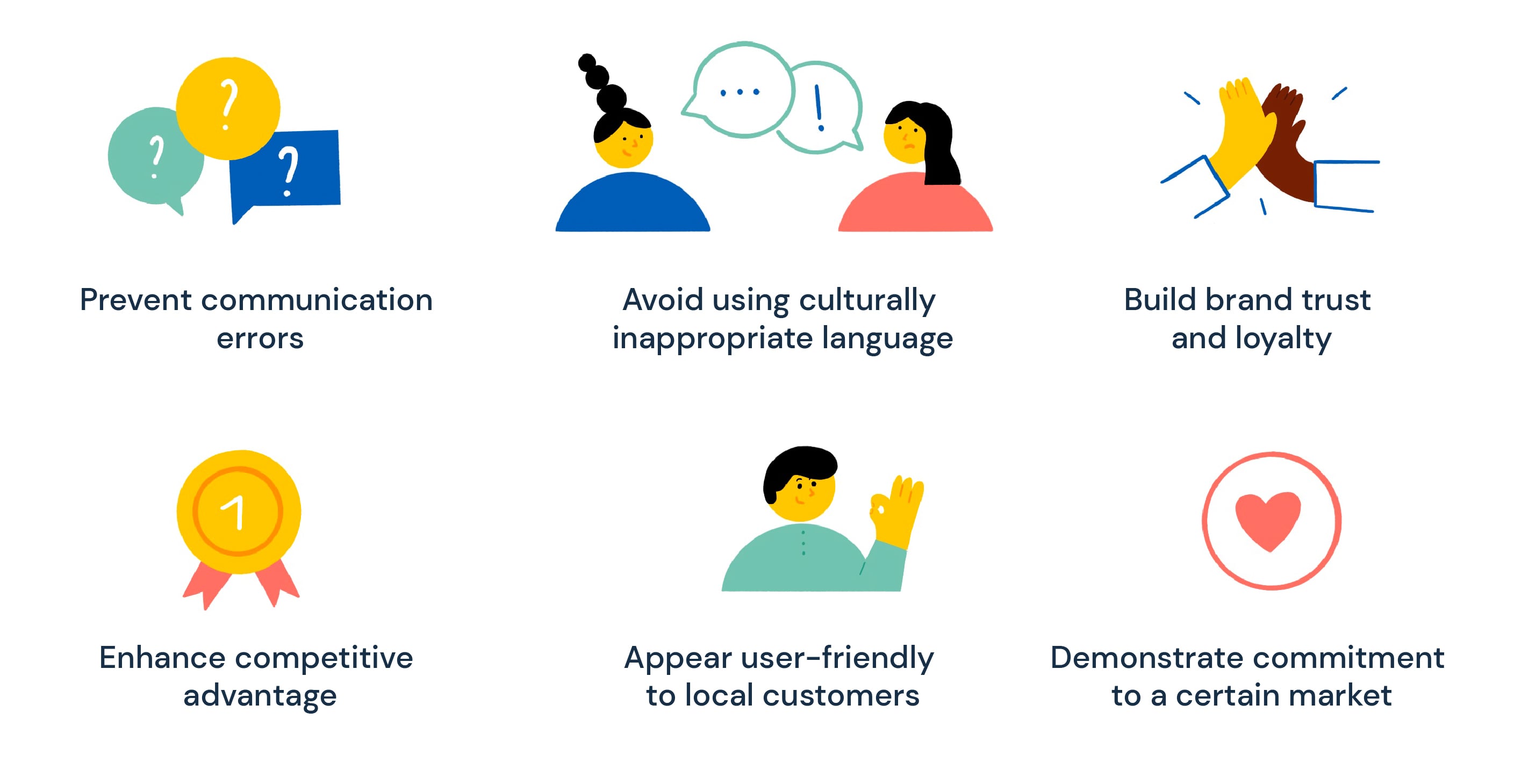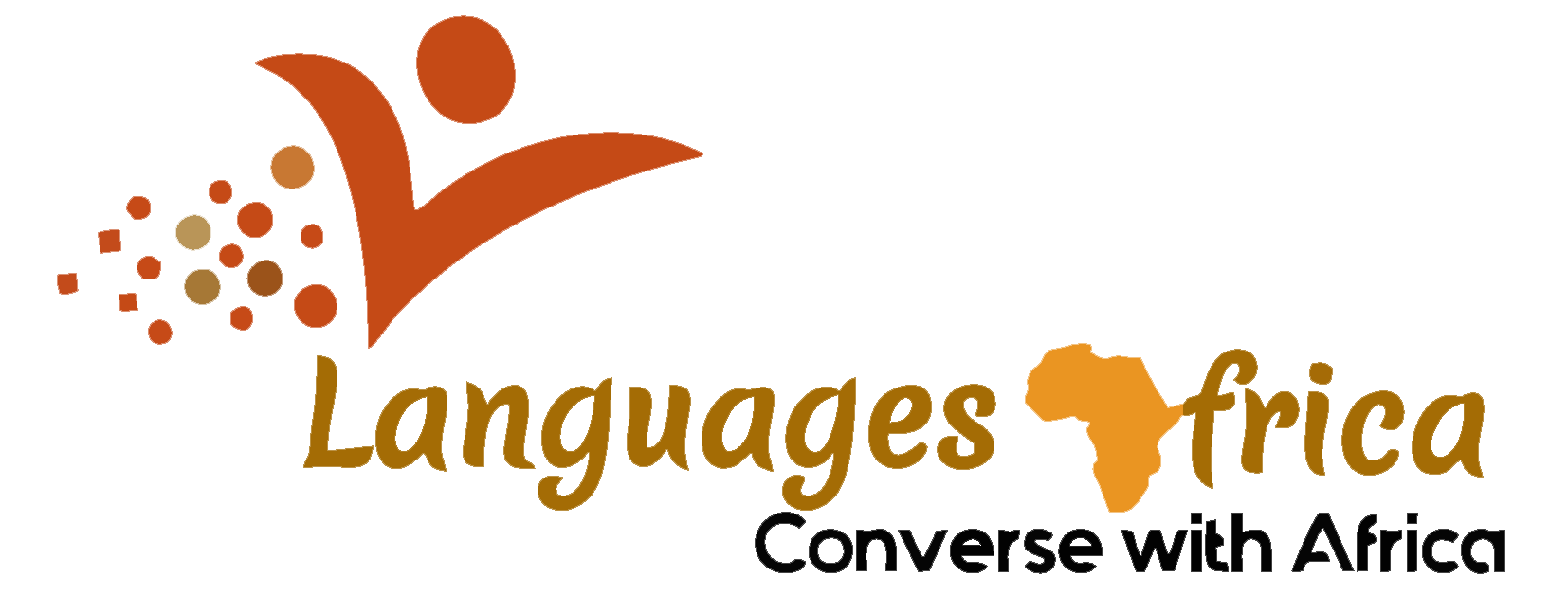Email Address
Info@themis.com
Phone Number
Fax: 001 (407) 901-6400

Johnnie Walker, the Scotch whisky that originated from Scotland has told us for decades to ‘Keep Walking.’ As it filled our consciousness with this powerful slogan, Nike the iconic American footwear Firm urged us to ‘Just do it.’
These two slogans reverberate forcefully into every corner of the world.
In France and French-speaking countries, people are fully aware of Nike’s ‘Just do it.’ But they also know juste-fais-le, the French translation of this slogan. In the same vein, they know Johnnie Walker’s ‘keep walking’ together with continue d’avancer, the French translation of the slogan.
However, it’s not just the slogans of these two companies that have been translated into French. Their websites and key communication products are also translated into French. But more than that, they have a physical presence in France, with French employees.
This is what localization is all about. It is more than translation. Much more.
Back to Johnnie Walker, it is the world’s leading Scotch Whisky brand and is consumed by millions of people in more than 180 countries. When it was introduced in 1820, it was only available in Ayrshire, a County in Scotland. Two hundred years later, it is available all over the world through its whiskies that include Johnnie Walker Red Label, Black Label, Double Black, Green Label, Gold Label Reserve and Blue Label.
Johnnie Walker’s global match and its accompanying financial flourish have partly been enabled through localization. When Johnnie Walker landed in France and said continue d’avancer instead of clinging to ‘keep walking,’ it resonated with the French and smiled to the bank.
However, localization is also about blending the foreign with the local. That’s why Johnnie Walker didn’t insist on translating its English-named whiskies into French. As such, ‘Black label’ didn’t metamorphose into ‘label noir.’ Similarly, Double Blac,k, Green Label and all the Johnnie Walker brands are sold in France under their English names.
Localization enables expert navigation of a foreign brand in a given locality. Sometimes this means maintaining your exotic appeal but in a locally relevant manner. As such, localization isn’t exclusive to translation as its tentacles extend to other cultural and contextual dynamics. Going by this metric, the localization of major global and regional brands has only scratched the surface in Africa.
Nike may be using juste-fais-le in France and other French-speaking countries, but it is yet to embrace the Swahili or Yoruba versions of ‘Just do it.’ It is assumed that just because Swahili speaking countries like Kenya and Tanzania are also English speaking, Nike doesn’t have to localize into Swahili. This may be a fatal error.
Let’s attempt to informally localize that Nike slogan into Swahili and briefly explore how that would impact Nike sales in Kenya and Tanzania.
If we were to merely translate the phrase ‘Just do it’ into Swahili, then we could go with ‘fanya tu,’ which means ‘just do it.’ However, ‘fanya tu’ doesn’t have the same casual, yet forceful vibes that are inherent in ‘just do it.’ So the big question becomes – what Swahili phrase will translate not just the linguistic meaning, but also the connotation and dynamism of ‘just do it? Interestingly, we might end up with two localized Swahili phrases for Tanzania and Kenya.
Mere translation will yield ‘fanya tu’ for the two East African countries. Localization will however go deeper, consequently yielding richer cultural nuances that will ensure widespread resonance amongst Kenyans and Tanzanians.
Between them, Kenya and Tanzania have 110 million people, almost twice the size of France’s population. Granted, France’s GDP of $2.6 Trillion is more than twenty times Kenya’s GDP of $99 billion. However, Kenya has a growing middle class, as does Tanzania. That’s why China has set up permanent camp in these two countries, which is paying handsome dividends for Chinese businesses and the Chinese government.
Multinational companies like Nike are best advised to follow suit too and seriously target the burgeoning market not just in these two countries, but all over Africa. Localization is the first step that they need to take if they are serious about venturing into the increasingly lucrative African market.
Mpasua Msonobari is the CEO and Founder of Languages Africa, a seasoned Swahili and other African Languages Translator and OPI & VRI Interpreter who can be reached directly on his WhatsApp number +254 725 084 032 or you can simply shoot him an email at This email address is being protected from spambots. You need JavaScript enabled to view it. or This email address is being protected from spambots. You need JavaScript enabled to view it.

OFFICES IN: ZANZIBAR, KENYA, UGANDA, USA & RWANDA
US OFFICE: 6475 New Hampshire Ave #4, Hyattsville, MD 20783, USA
DIRECT LINE: (+254) 725 084 032 | (+1) 567-654-3914
msonobari@gmail.com | info@languagesafrica.com
LANGUAGES AFRICA HEADQUARTER OFFICES: Off Namanga Road, Nairobi, Kenya.
Helping the world converse with Africa!